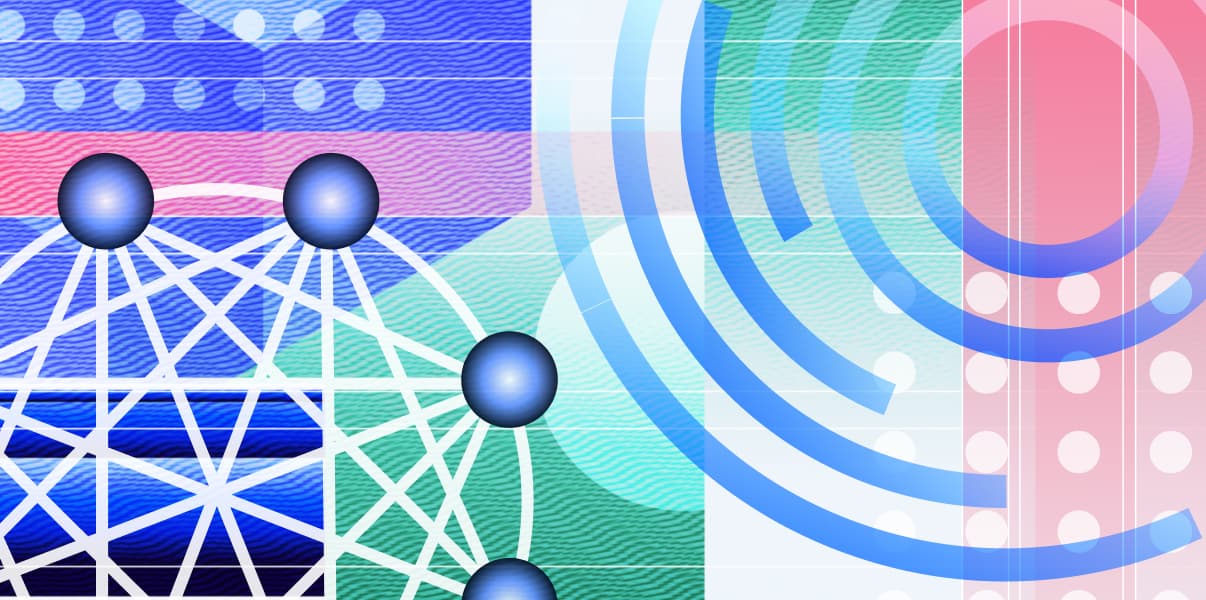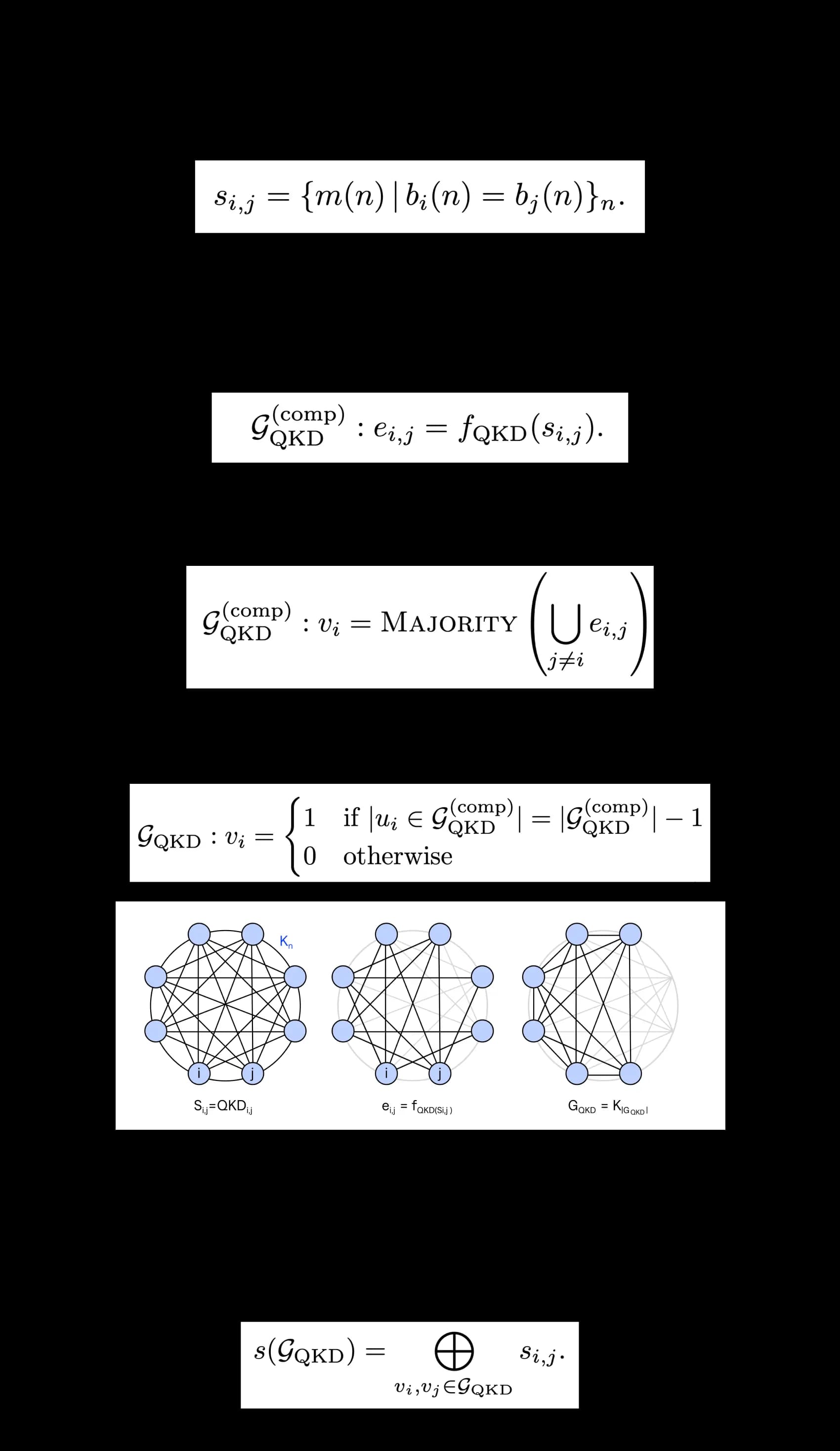

QRiNG is a toolkit for quantum random number generation that employs quantum key distribution to produce genuine randomness.
Quantum Consensus Networks (QCNs) utilize quantum-enabled nodes to achieve consensus on generating certifiable quantum randomness, a vital resource for cryptography and many other applications. QRiNG harnesses the randomness from QCNs, which act as quantum random oracles, injecting entropy into global keys using entropy addition. This process enables classical Distributed Consensus Networks (DCNs) to reach quantum-grade random consensus.

Secure
QRiNG leverages the inherent unpredictability of quantum key distribution to ensure true randomness, providing the highest level of security.

Distributed
With smart contracts on distributed networks, QRiNG generates random numbers across a network of nodes, ensuring transparency and eliminating any single points of failure.

Robust against manipulation
QRiNG is designed to withstand external interference and manipulation, safeguarding the integrity of the randomness.

Unpredictable
Unlike classical random number generators, which may be reverse-engineered or biased, QRiNG outputs are unpredictable, even with full knowledge of initial system conditions.
QRiNG operates through Quantum Consensus Networks (QCNs) that achieve full peer-to-peer connectivity via Quantum Key Distribution (QKD). Consensus is achieved through the majority consistency of pairwise QKD bit-strings, where nodes verify each other, and an honest majority determines network connectivity.

Cryptography and security
Random numbers are essential in digital signatures, password generation, and token creation for various security protocols.
Scientific Research on Randomized Algorithms
Quantum randomized algorithms, such as the Monte Carlo method, require true randomness to execute logic in randomized algorithms accurately.
Gaming and Lottery Systems
True randomness ensures fairness in gaming and lottery systems, enhancing user confidence and compliance.
Consensus Mechanism in Blockchains
True randomness prevents predictability in blockchain consensus, where node selection must be genuinely random to avoid manipulation and spoofing.